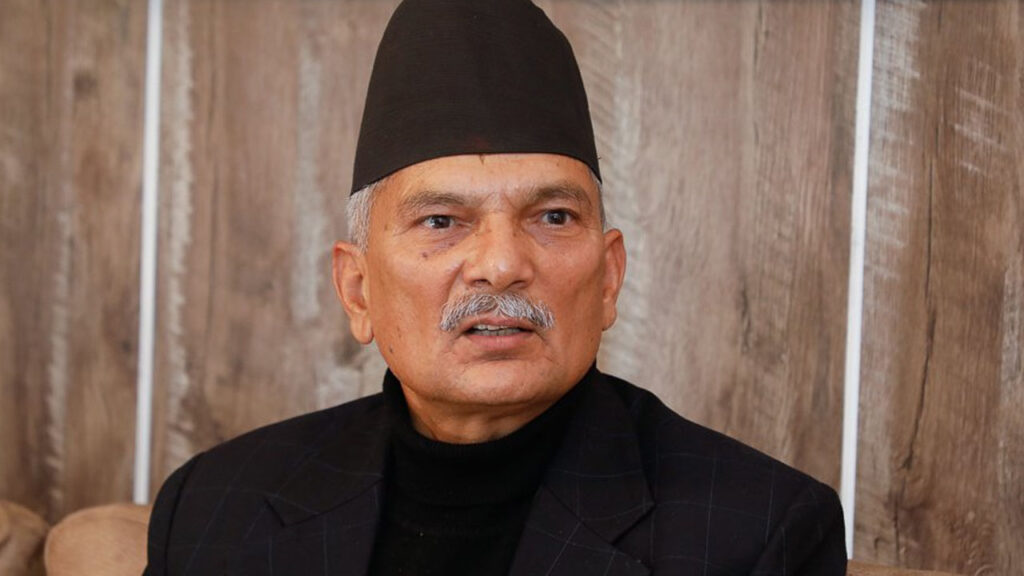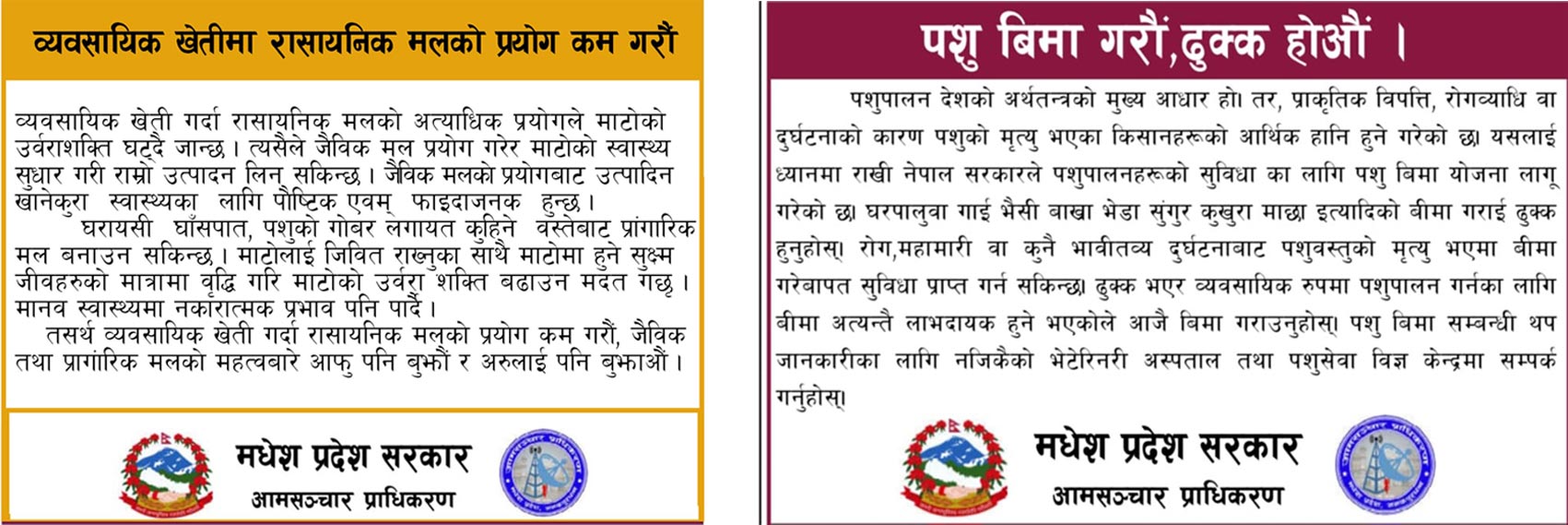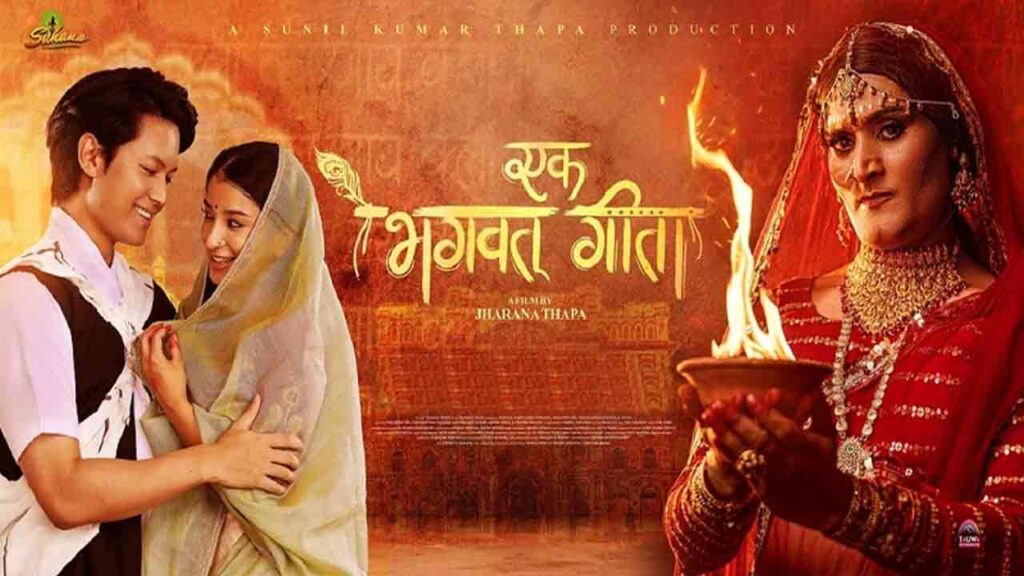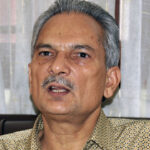
Baburam Bhattarai is a prominent Nepalese politician, intellectual, and former Prime Minister of Nepal. Born on June 18, 1954, in the Gorkha District of Nepal, Bhattarai is best known for his pivotal role in the Maoist movement and his efforts in shaping modern Nepal’s transition from a monarchy to a federal democratic republic. Bhattarai holds a unique place in Nepalese politics due to his combination of intellectual rigor and political activism.
He is recognized as one of the most influential leaders who contributed to Nepal’s political transformation during and after the civil war (1996-2006). His career spans student activism, armed insurgency, mainstream politics, and economic reform. Everyone likes to get information about Baburam Bhattarai. We have tried to show about his age, height, wife name, father name, mother name, net worth, career, Biography etc. in the table. Please read.
Biography
| Name | Baburam Bhattrai |
| Profession | Politician |
| Political Party | Nepal Socialist Party |
| Date of Birth | 18 June 1954 |
| Age | 70 years (as of 2024) |
| Birth Place | Gorkha, Khoplang, Nepal |
| Current address | Kathmandu, Nepal |
| Nationality | Nepalese |
| Religion | Hindu |
| Zodiac sign | Not known |
| Hobbies | Not known |
| School | Amar Jyoti High School, Gorkha |
| Academic Qualification | Panjab University (B.Arch) SPA New Delhi (M.Tech) Jawaharlal Nehru University (PHD) |
Family & Relationship
| Marital Status | Married |
| Wife/Spouse | Hisila Yami (Maoist Leader) |
| Son | None |
| Daughter | Manushi Bhattrai |
| Father name | Bhojraj Bhattrai |
| Mother name | Dharma Kumari Bhattrai |
| Siblings | 3 (name not known) |
Baburam Bhattarai was born to Bhojraj Bhattarai and Dharma Kumari Bhattarai in a rural, agricultural family. He grew up in modest conditions, helping on the family farm while excelling in his studies. His wife, Hisila Yami, is also a prominent politician and a leading figure in Nepal’s political sphere. She has been actively involved in both the Maoist movement and in various democratic processes in Nepal.
Bhattarai and Yami are regarded as a power couple in Nepalese politics. The couple has one daughter, Manushi Yami Bhattarai, who is a social activist and has expressed her own interest in politics.
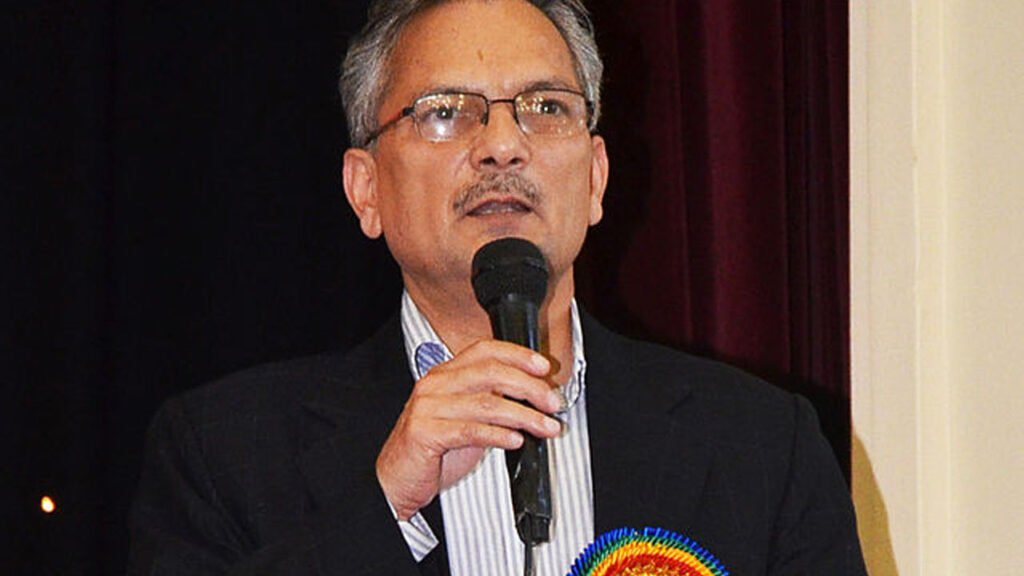
Physical appearance
| Height (approx) | 5.9 inches 1.75 meters 175 centimeters |
| Weight (approx) | 70 kilograms 154 pounds |
| Body measurement | Not known |
| Hair color | Gray |
| Eye color | Black |
Baburam Bhattarai has a lean physique, and his physical appearance reflects a life of discipline and simplicity. He stands approximately 5 feet 9 inches (175 cm) tall and weighs around 70 kg (154 lbs). His face is often characterized by a thoughtful and intellectual expression, with graying hair and a distinct pair of glasses that add to his scholarly persona.
Net worth & Assets
| Net worth (approx) | $1lakh to 5lakh |
Baburam Bhattarai, despite his prominent role in Nepalese politics, is known for maintaining a modest lifestyle. His net worth is estimated to be between $1 lakh to 5 lakh. This primarily includes personal assets like property and savings, as Bhattarai has focused more on public service than accumulating wealth.
Career
Baburam Bhattarai’s political career began during his student years in India. While studying architecture at Punjab University and later pursuing his Ph.D. at Jawaharlal Nehru University (JNU) in New Delhi, he became actively involved in leftist politics. Influenced by Marxist and Maoist ideologies, Bhattarai started advocating for social justice, equality, and the rights of the underprivileged.
In the 1990s, Bhattarai became one of the key leaders of the Communist Party of Nepal (Maoist). Alongside Prachanda, he helped launch the Nepalese Civil War (1996–2006), also known as the “People’s War.” The Maoist insurgency aimed to overthrow the monarchy and establish a republic. Bhattarai was the movement’s chief strategist and intellectual, drafting plans for revolution and mobilizing support among rural communities.
After the decade-long war, Bhattarai played a critical role in the peace process. The signing of the Comprehensive Peace Agreement (CPA) in 2006 ended the conflict, and Bhattarai, along with other Maoist leaders, joined mainstream politics. The monarchy was abolished, and Nepal transitioned to a federal democratic republic.
Bhattarai became the Prime Minister of Nepal in 2011. During his tenure, he focused on economic reforms, infrastructure development, and social inclusion. However, political instability and challenges in drafting a new constitution led to the dissolution of the Constituent Assembly in 2012.
In 2015, Bhattarai resigned from the Maoist party and founded Naya Shakti Nepal, a new political party focused on good governance and development. Although it struggled to gain significant support, Bhattarai remains an influential figure in Nepalese politics.
